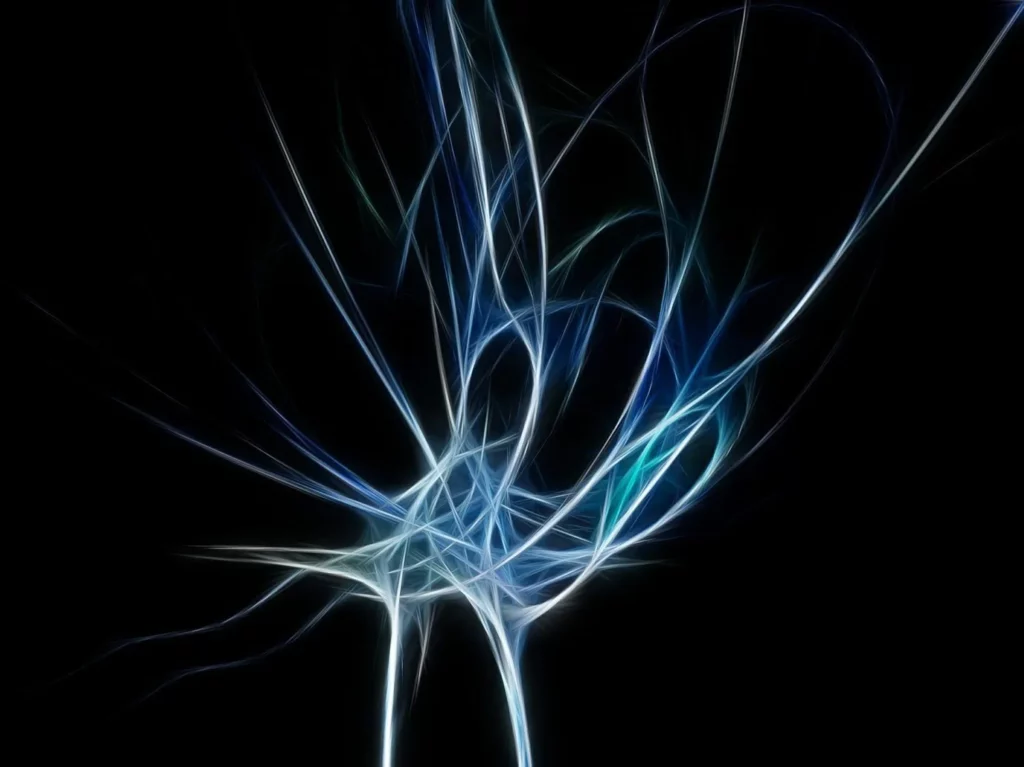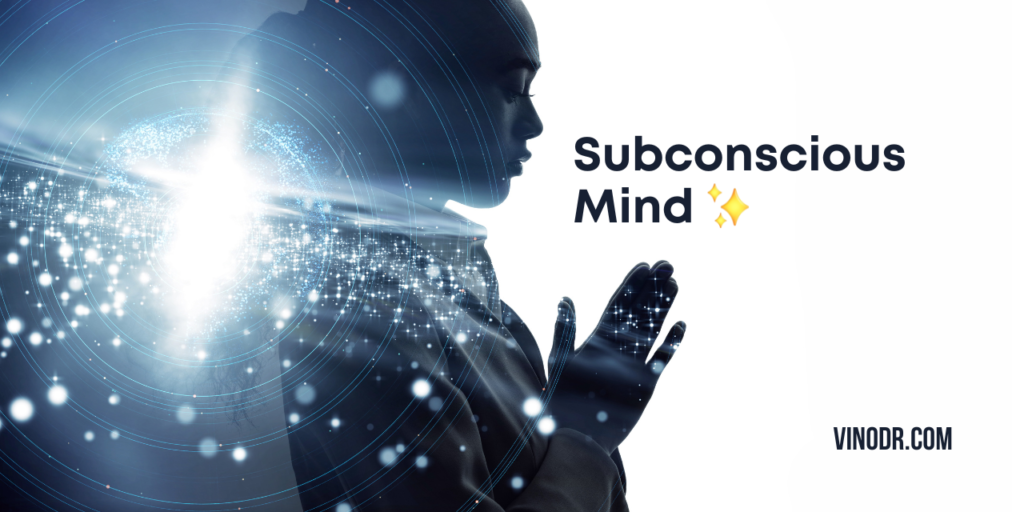Dream Interpretation Unlocking the Mysteries of Your Dreams
Understanding and Interpreting Your Nightly Adventures
Dream
Dreams are a series of thoughts, images, sensations, and emotions that occur during sleep. They are often vivid and immersive and can feel like a separate reality from waking life. Dream Interpretation can be done on some common dreams that we all experience in our sleep.
Dreams can be influenced by a variety of factors, including recent experiences, memories, emotions, and our state of mind. They may also contain elements of our subconscious, such as repressed thoughts or desires.
There are several theories about why we dream, but the exact purpose of dreaming is still not fully understood. Some scientists believe that dreams help us process and consolidate memories, while others suggest that they serve as a way for the brain to work through unresolved emotional issues.
Why do we dream?
The exact purpose of dreaming is not fully understood, and there are several theories about why we dream.
Memory consolidation: Some scientists believe that dreams help us process and consolidate memories. While we sleep, our brains may replay and organize the events of the day, allowing us to better remember and understand them.
Emotional processing: Dreams may also serve as a way for the brain to work through unresolved emotional issues. During dreams, we may confront and process difficult emotions or experiences that we have not fully dealt with in waking life.
Creative problem-solving: Dreams may also stimulate creative thinking and problem-solving. Some scientists believe that the relaxed and unfocused state of dreaming allows the brain to explore new ideas and make unexpected connections.
Random neural activity: Another theory suggests that dreams are simply the result of random neural activity in the brain. During sleep, the brain may generate images and sensations with no specific meaning or purpose.
The exact purpose of dreaming remains a mystery, it is clear that dreams play a complex and important role in the working of the mind.
Solutions to problems in Dreams?
We can find solutions to problems in our dreams. This phenomenon is sometimes referred to as “dream incubation” or “lucid dreaming.”
During dream incubation, a person consciously focuses on a problem or question before going to sleep, with the intention of finding a solution in their dreams. In some cases, we may wake up with a new idea or insight that we were not consciously aware of before.
On the other hand, lucid dreaming is a state in which we are aware that we are dreaming and can actively participate in the dream. This can allow us to experiment with different scenarios and outcomes related to a particular problem, potentially leading to new insights and solutions.
Not everyone can solve problems or find solutions through dreams.
I have personally used my dreams to find solutions to the problems which I have faced. It takes effort and tuning your mind to be successful.
Do dreams come true?
Dreams are a product of the mind and are influenced by a variety of factors, including recent experiences, memories, emotions, and our state of mind. While dreams can be powerful and impactful experiences, they are not a reliable way to predict the future or make decisions in waking life.
From my personal experience, many dreams have come true for me, even though most of the time it doesn’t happen fast as we expect them to. Rather the dreams that were made possible for me, were all planted by me in the subconscious using law of attraction.
But in general, dreams are not a reliable way to predict the future or make decisions in waking life. It’s important to use critical thinking and objective evidence when making important decisions, rather than relying solely on dreams or other forms of subjective experience.
Is DeJa’Vu real?
Yes, Déjà vu is a real experience that many people have had myself included. It is a French term that translates to “already seen,” and refers to the feeling of having experienced something before, even though it is happening for the first time.
While the exact cause of Déjà vu is not fully understood, there are several theories about what may be happening in the brain to produce this sensation. Some researchers believe that Déjà vu is caused by a delay in the brain’s processing of incoming sensory information so that the current experience is perceived as a memory from the past. Others suggest that Déjà vu may be related to the brain’s ability to recognize patterns and make predictions, leading to a feeling of familiarity with a new situation.
While the exact mechanism behind Déjà vu is still not clear, it is a common and real experience that many people have had at some point in their lives.
Negative & Positive dreams
A negative dream may be a reflection of fears, anxieties, or unresolved emotions that we are experiencing in waking life. Negative dreams may also be the result of recent stressful events or traumatic experiences in our life.
A positive dream represents hope, happiness, or a sense of fulfillment. Positive dreams also reflect positive experiences or accomplishments in our life.
The meaning of a dream is highly subjective and can vary greatly from person to person. While some of us may interpret a particular dream as negative or positive, others may have a different interpretation or no significant interpretation at all. it’s important to approach dreams with an open and curious mindset and to use them as a tool for exploring and understanding the workings of the mind, rather than trying to assign a specific meaning or significance to every dream.
Dream Interpretation can it be done?
Dreams can be interpreted, and the process of interpreting dreams is known as dream analysis or dream interpretation. Dream interpretation is a practice that has been used for centuries by cultures around the world as a way to gain insight into the subconscious mind.
There are several different approaches to dream interpretation, and many involve examining the symbols, images, and themes that appear in our dreams, and attempting to uncover their underlying meanings. Some approaches to dream interpretation also consider our personal associations with these symbols, as well as our personal history, beliefs, and experiences.
In psychoanalytic dream interpretation, for example, dreams are viewed as a window into the subconscious mind, and the symbols and images that appear in our dreams are seen as representing repressed thoughts, feelings, or desires. By interpreting these symbols and images, we can gain insight into their underlying psychological conflicts and emotional states.
In Cognitive dream interpretation, Dreams are viewed as a product of the brain’s processing of information and memories during sleep. In this approach, the symbols and images that appear in dreams may be interpreted as reflecting our current cognitive state, including our beliefs, attitudes, and mental schemas.
In spiritual dream interpretation, dreams are viewed as communication from a higher power or the collective unconscious. In this approach, the symbols and images that appear in dreams may be interpreted as representing archetypes or universal themes that have transcendent meaning and significance.
Different religions have different interpretations:
In Hinduism, Christianity, and Islam seeing a snake in our dream interprets the snake as an enemy, Satan or evil. Usually, they represent the enemies we have in our life.
Dream Interpretation
Dreams can be highly personal and vary from person to person. There are some common dreams that many people experience at some point in their lives.
Falling Dreams: Dreams in which we fall from a great height can be interpreted as a fear of failure, loss of control, powerlessness, or vulnerability in our waking life.
Teeth Falling Out Dreams: Dreams in which our teeth fall out can be interpreted as a fear of aging, losing power, confidence, anxiety, or stress about something in our waking life. The teeth are an important part of our appearance and losing them can symbolize a fear of being judged or rejected. The teeth are also essential for speaking and expressing oneself, so losing them can indicate a fear of not being able to communicate effectively.
Flying Dreams: Dreams in which we are flying can be interpreted as a sense of freedom or escape from daily pressures, breaking free from constraints and limitations and feeling empowered to pursue our goals and dreams. Flying can also represent a connection to a higher power or a sense of spiritual enlightenment and liberation.
Being Chased Dreams: Dreams in which we are being chased can be interpreted as a fear of being pursued or caught in a difficult situation. It can also represent our desire to avoid or escape from something in our waking life that we find unpleasant or threatening. It may be a problem or conflict that we are trying to avoid. Dreams about being chased can also represent inner conflict within ourselves, we may be chasing a goal or aspiration that conflicts with our beliefs or values, or we may be torn between two conflicting choices or paths.
Naked Dreams: Dreams in which we are naked in public can be interpreted as a fear of exposure or vulnerability.
Being Lost Dreams: Dreams in which we are lost can be interpreted as a fear of being directionless or uncertain about the future.
Death Dreams: Dreams in which we experience death or the death of someone close can be interpreted as a fear of loss or a need to let go of old patterns or behaviors.
Cheating partner dream: Dreams about a cheating partner can be a reflection of our insecurities or fears in the relationship. we might be having trust issues and maybe worried about being betrayed.
Hanging out with a celebrity dream: Dreams about hanging out with a celebrity can have different interpretations depending on the context of the dream and our association. Dreams about hanging out with a celebrity may represent our desire for recognition, fame, or success. We may be idealizing the celebrity as a symbol of success and attention we wish to achieve in our own life. It can also represent our desire to escape our reality and project ourselves onto the celebrity’s glamorous and exciting lifestyle. We may be seeking an escape from our problems and responsibilities. We may be inspired by the celebrity’s talent, achievements, or personality and may be seeking to emulate them in our own life. The celebrity can also be a symbol of a specific trait or quality that we admire or want to develop within ourselves.
Snake in my dream: In many cultures, snakes are associated with transformation, rebirth, and healing, but they can also be associated with danger, fear, and deceit. Seeing a snake in a dream may represent hidden fears, anxieties, or repressed emotions that are causing us stress or discomfort. It may also represent a need for transformation or change in our life.
Dreams are a complex and multifaceted phenomenon that can be influenced by a variety of factors, including recent experiences, memories, emotions, and our state of mind. While dreams can provide insights into the workings of the mind and the complexities of human consciousness, we should not rely upon dreams as a way to predict or make decisions about the future.



